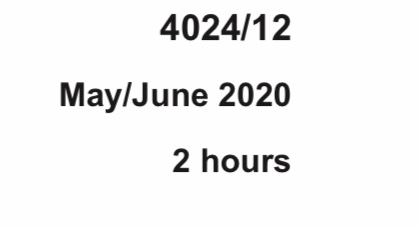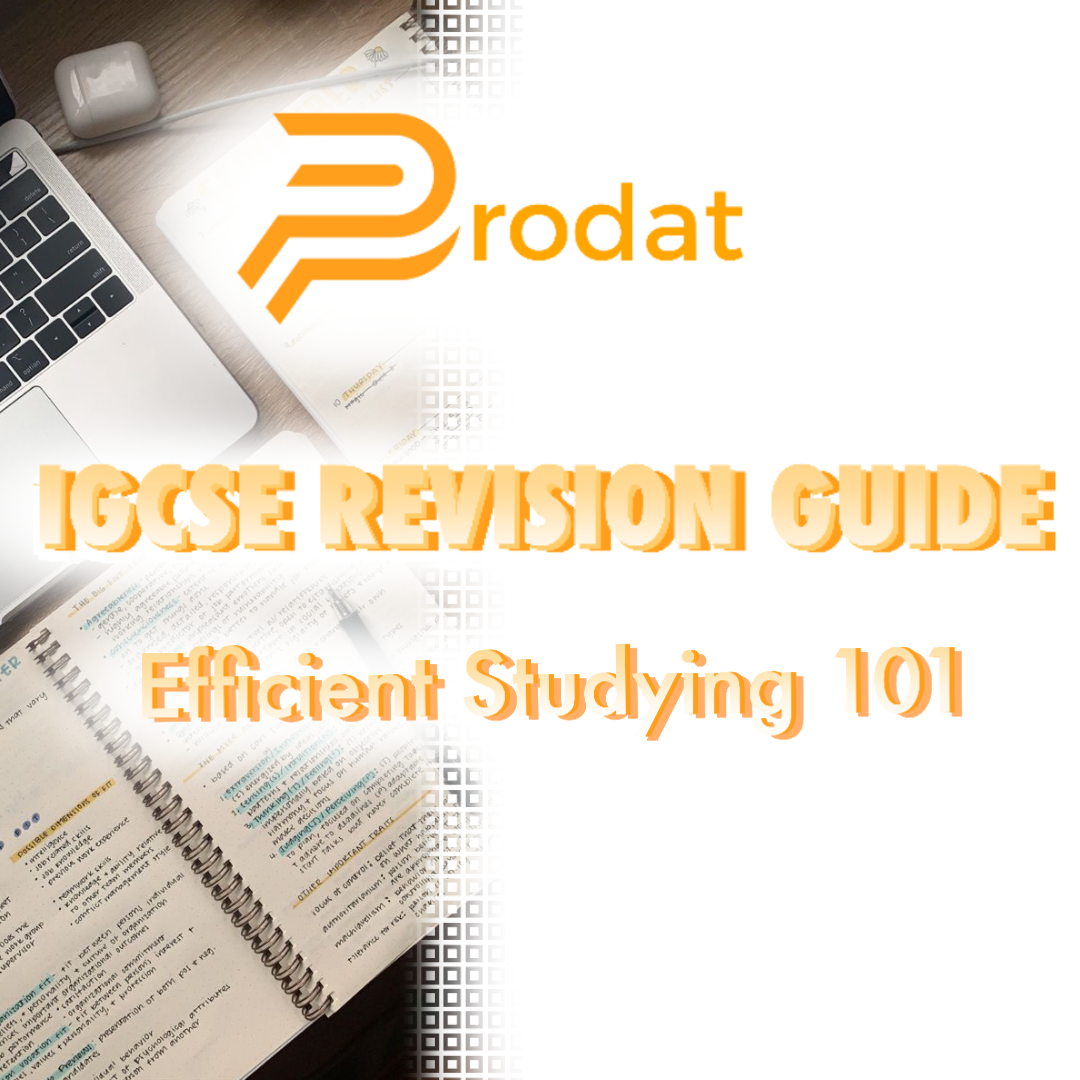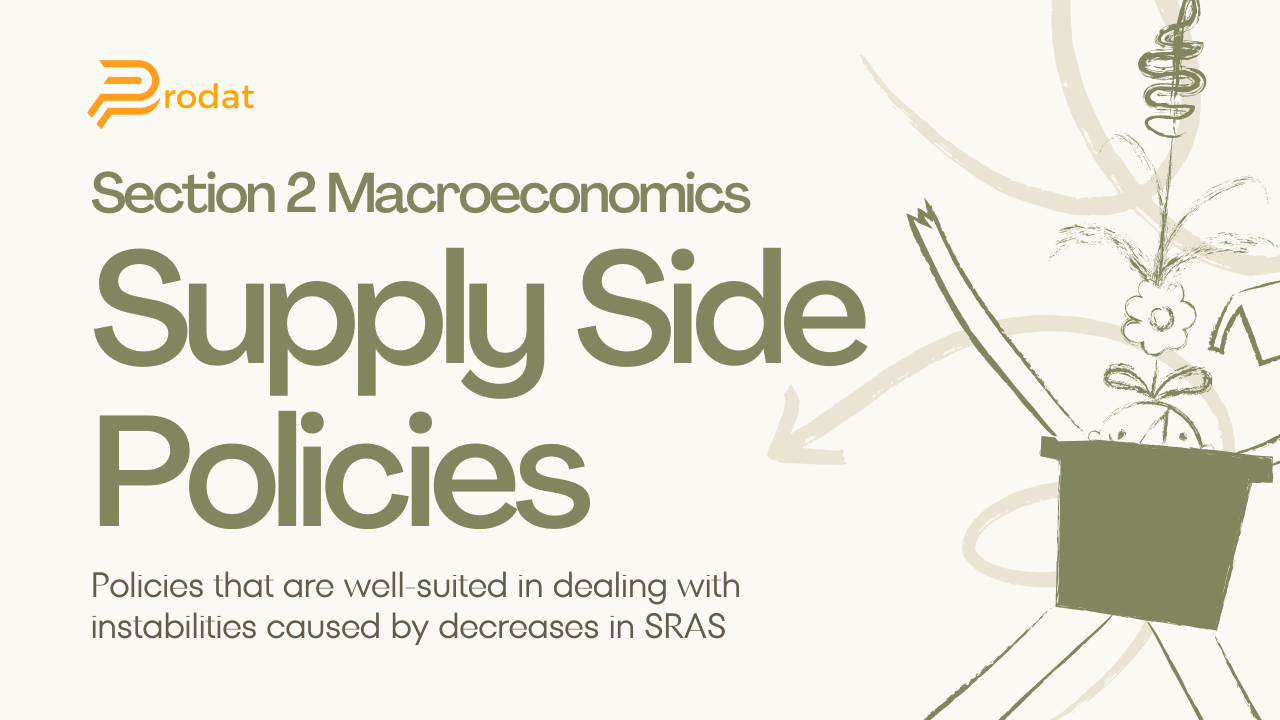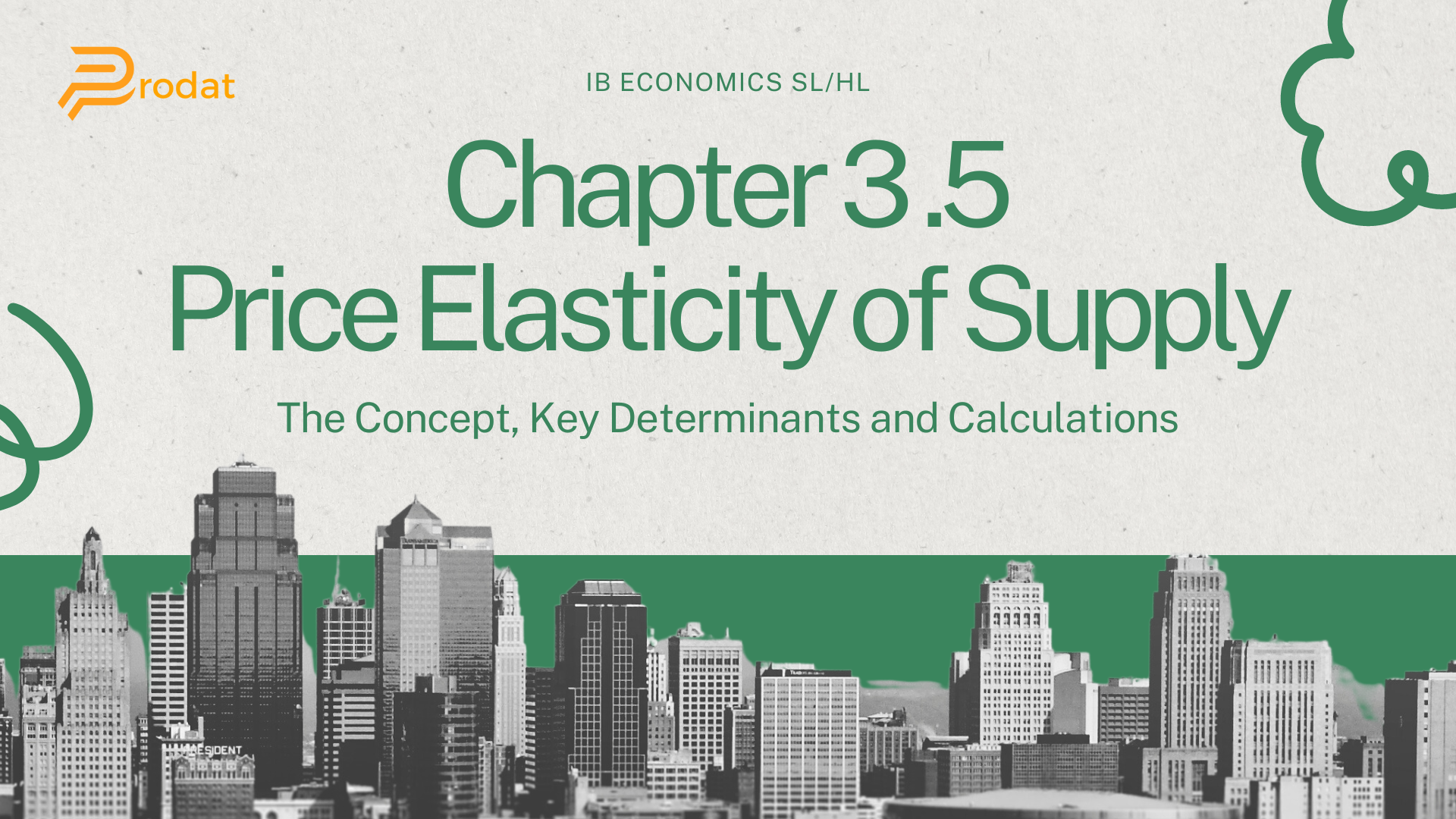Table of Contents
- I. Background
- II. Past Papers – What and How to Utilise Them
- III. Problems Typically Faced; How Can We Overcome Them?
- IV. Afterword
I. Background
As you enter your 10th year, you may be familiar with the Cambridge curriculum that you will take. Your IGCSE exams that you will take at the end of your year and your syllabus, such information would have been explained to you, either from the teachers in the school that you’re enrolling in, the internet, your friends or perhaps even from an older sibling.
Speaking from experience when I was in year 10 myself, I took the information given to me for granted and simply prepared for the exams just like how I did the previous years. While it wasn’t the worst that could happen, it would have been an easier journey for me if I had known the tricks to IGCSE exam prepping. Frankly, I had no idea what a “past paper” was until I was in my 2nd semester. Until then, I had only depended on my textbooks and notes from my teachers.
There really is an easier way to ace your exams and lift the burden of studying for your exams. So let’s get right into it!
II. Past Papers – What and How to Utilise Them
Past paper codes
Many students around the world, just like you, have dome the o-level examinations. For every official IGCSE paper, there is a unique compound code given to it. You can find this compound code on every first page of a paper to your top left as well as the bottom of every page. But what exactly does the code mean?
Take the following past paper as an example:


Separated by the oblique symbol, we have the paper’s compound code made up of 4 code categories:
- The first code refers to subject code. Every subject will have its own unique code. In the example, “4024” is a subject code for Mathematics (O-Level syllabus D)
- The second code refers to type of paper and its variant. In the example, “12” means you have the 2nd paper 1 in its series. Most subjects typically have 3 variants for each paper. (e.g 11, 12, 13)
- The third code refers to the exam session. You have the march, summer and winter session. In the example, “M/J” would mean you have the summer paper (also an abbreviation for May June)
- The last code refers to the year of that exam session. In the example, “20” means the year 2020.
Now putting it all together, you have the “Mathematics Paper 12 from the 2020 summer series”.
How to utilise past papers
There are many resources online that keep a library of all the past papers done by students in the previous years. Examples would be Physics and Maths tutor as well as GCE Guide. You can search for question papers and its marking scheme. Practicing them can help you get used to the format and understanding the types of questions that would typically be asked in an exam. Here is how you can search them up, using the same example as before:
4024_s20_qp_12
- Typing the following line into a search engine will give you the results for the question paper “Mathematics Paper 12 from the 2020 summer series”. Its quite different from the compound code shown previously.
- The format is separated by an underscore. Subject code, exam session (s stands for summer, w stands for winter and m stands for march. The number following it stands for the year), resource type and then paper number.
- To search for the marking scheme of a paper, just replace “qp” (question paper) with “ms” (marking scheme). You can also find the insert with “in”, grade threshold with “gt”, examiner report with “er” and information report with “ir”.
- You can even find specimen papers (papers which contain sample questions that is not a real examination paper done by students previously) by replacing “qp” with “sp” (specimen paper).
- You can try visiting websites like this one to search for past papers.
Searching for each subject code can also provide you with a complete and brief explanation of your syllabus. This can help you break down and make sure that you’ve got all the topics covered and well revised for your exam.
Why past papers
I’m sure during the course of your school year, you would have done exercises from your workbooks, textbooks or even the worksheets given by your teachers. Past papers allow you to recognise exam patterns. Personally, I have felt that I retain the information for a longer period of time as the questions are ordered in a compact manner in past papers. It is much more challenging than a workbook as the topics are mixed in every paper.
I highly suggest to not stop at finding the answer from the marking scheme when you fail to answer a question correctly, but to also go back to the textbook, watch videos and maybe even read some of the notes in our website. Only then you will feel an improvement in your core knowledge, strengthening your foundations and answering future questions with ease.
III. Problems Typically Faced; How Can We Overcome Them?
Overwhelmed by the amount of resources
This was something that I faced when I found out about past papers. I regretted only finding out about them quite later. With all the available exercises and worksheets that I already had in progress, trying to squeeze past papers into my already packed studying schedule took a toll on my mental health. There were so many past papers that were good for practice but only a limited amount of time to invest in. So, what to do?
Firstly, its alright to scrap what you previously had in mind and try to create a fixed schedule this time. Something that you can depend on long term. Count the days you have left until your major exams. Consider how it would affect you. Mentally, physically and academically. Keep a healthy gap between studying hours and leisure time.
Second, don’t try to do only past papers in one sitting. Have a mix between textbook reading, note writing or internet browsing for notes and videos after mark-scheme checking each paper. If you find yourself bored doing the same subject papers consecutively, then it’s totally okay to do another subject! Do what you have to do to keep yourself invested.
Third, switching between different subjects each day makes it a little tricky to keep track of my progress. For that, I write down every past paper per subject that I completed in one place. After a while, I see a long list and it tends to fill me with determination with how far I’ve come. Try it out!
Lastly, its okay to not assign a subject focus for each day (e.g Monday maths, Tuesday biology, Wednesday global perspective). It might be very draining for you, especially when you aren’t passionate or weak for a certain subject. Just make sure that you do at least one past paper each day. But this doesn’t mean that you can just keep studying the same subject for the entire week; try to cover a majority of all the subjects you need to study in each week. Take it from me, variety is always good!
Practicality – Storage and Portability
As a student living in a compact apartment, I found that printing past papers took up much of my already limited space. I tend to have papers just scattered between the pages of my books or squeezed in-between my existing folders. Hence, I often lost my worksheets and revision papers.
It was also difficult for me to revise in school as well as I didn’t want to bring my past papers to school everytime. I have not seen many discussions regarding this seemingly minor inconvenience. In order to avoid those frustrations, here are a few things that I’ve come up with from my experience after 2 years of doing O-Levels and AS-Levels.
- Keep your past papers in a folder or print them as a booklet. It is easier to store in your home and organising them per subject makes reviewing them a very efficient task.
- Is printing the papers into a physical copy too pricey? Then try downloading the past papers in pdf and open them in your device provided notes app. (You can also use third party apps such as Good Notes found in the app store) You can write your answers digitally and simultaneously save space.
- If you want to review some important answers that you found from past papers but not want to bring the entire thing, then try writing flash cards! You can make a physical stack of flashcards using paper or just type them digitally with a notes app. That way you can study on the go without worrying about the heavy baggage.
- Bookmark the websites you use to revise and study on your device.
- Once you are done with the marking scheme or insert, delete the files from your device and clear your cache through the settings to save storage in your device. But before anything, make sure your past paper question and answers are saved securely!

IV. Afterword
That’s it for my tips and advice to past papers and revisions!
After reading through this guide, I hope that my advice and tips can prove to be helpful for you and that you can apply your own knowledge to find what works best for you. There is no such thing as a perfect studying routine. Only you as a student will be able to define that.
Stay motivated and focus towards what you want to achieve. I wish you the best of luck, reader!



